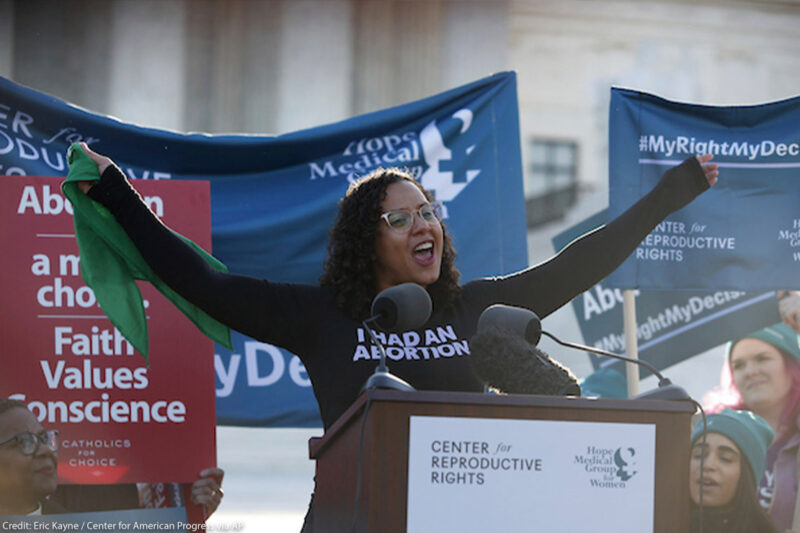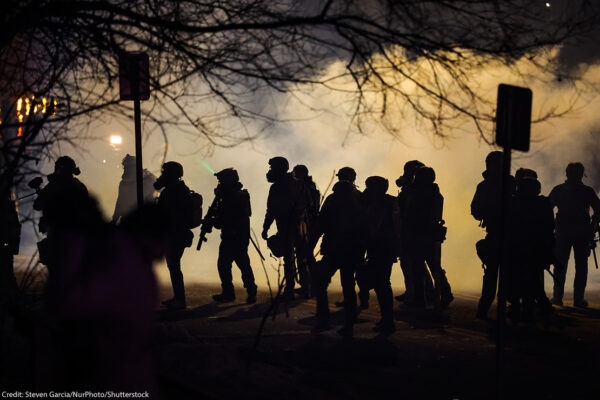How Reproductive Justice is Part of an Anti-Racist Agenda


The calls of activists have forced a national reckoning with the legacy of white supremacy in our country. That reckoning has led us to examine the systems that exert control over and oppress Black lives, from policing to reproductive health care.
There is a long history of the ways that reproductive freedom has been denied to Black women. There is also an important history of the ways that people of color, led by Black women, have built movements to liberate themselves and reclaim their bodily autonomy. Joining us on At Liberty this week to discuss this often overlooked but vital movement is Renee Bracey Sherman, the founder and executive director of We Testify, an organization dedicated to telling the stories of people who have had abortions.
Sherman walks us through what sets the movement for reproductive justice apart from the broader fight for reproductive rights, talks about recent U.S. Supreme Court decisions, and shares how building the We Testify community has aided her own journey of healing.



